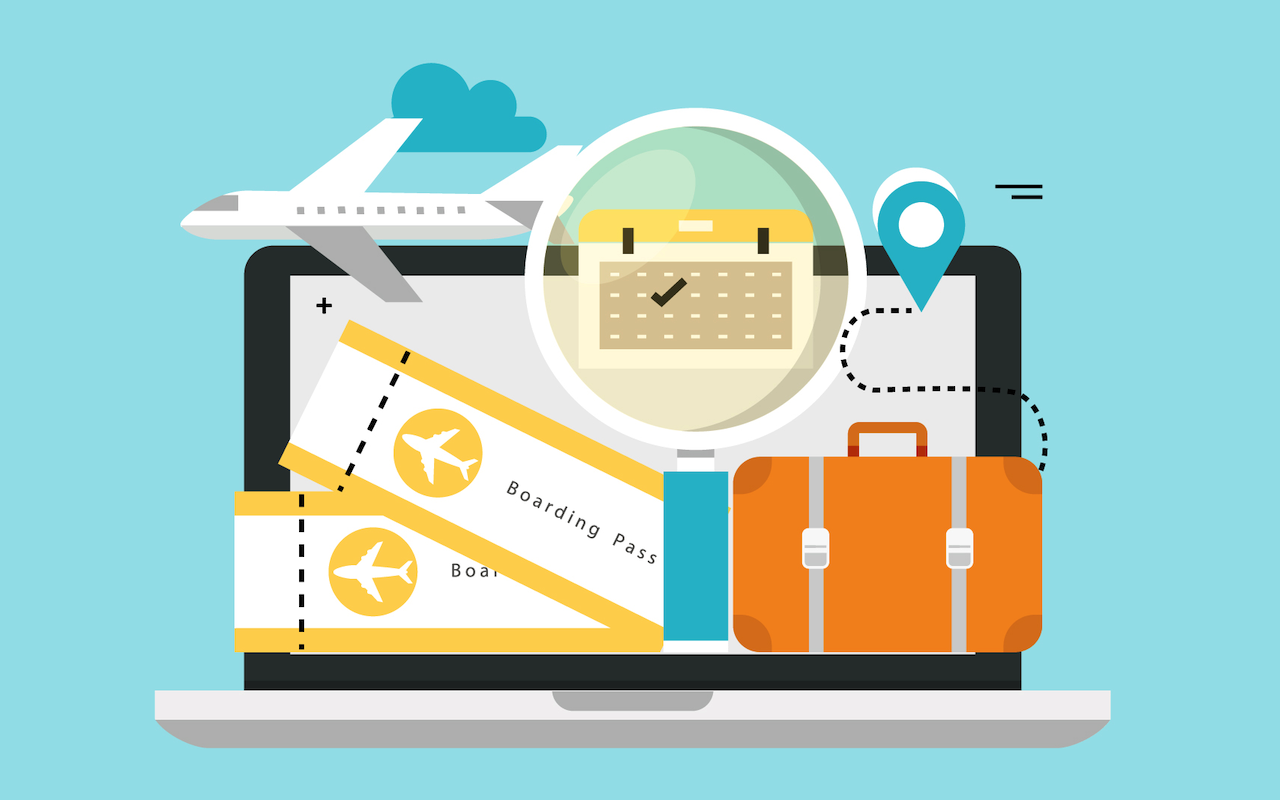
Managing work journeys has become a strategic factor for success in today’s hyper-connected corporate world. Modern B2B travel portals are now essential, offering end-to-end solutions that simplify the complexity of enterprise mobility. Within this landscape, new platforms are re-shaping how companies and employees think about, book, and manage trips.
The cloud-native platform combines a sleek interface with strong policy controls, real-time data insights, and seamless integrations. In doing so, it builds on benchmarks set by global players such as SAP Concur, Amadeus Cytric, and Egencia, while meeting the need for agility and usability that today’s business travelers expect.
Understanding a Modern B2B Travel Portal
At its core, a B2B portal is a centralized hub where organizations house every element of their travel program. Let’s unpack the essential layers:
- Comprehensive Travel Solutions: The portal curates flights, hotels, trains, car rentals, visas, and insurance in one place. Travelers create, amend, or cancel an itinerary inside minutes, removing endless back-and-forth email chains.
- Business-Ready Workflows: Features such as policy mapping, multi-level approvals and spend caps are baked in, supporting internal audit requirements and finance visibility.
- Aggregation and Transparency: By pulling live feeds from GDSs, NDC pipes, low-cost carrier APIs and OTAs, the portal shows real-time price and availability comparisons, empowering travel managers to benchmark supplier performance with ease.
- 24 × 7 Duty of Care: Integrated risk maps, trip tracking, and emergency chat allow companies to locate employees instantly and dispatch assistance when geopolitical, weather, or health events unfold.
Shaping the Next Wave of B2B Travel Platforms
Modern travel portals are evolving with features such as:
1. Consumer-Grade User Experience
Personalized suggestions and simplified booking processes that mirror consumer platforms.
2. Hyper-Personalized Booking and Policy Logic
Configurable policy layers by department, seniority, or geography to reduce out-of-policy bookings.
3. Cost Optimization with Analytics
Data-driven insights that highlight dynamic savings opportunities during approval workflows.
4. Live Updates and 24/7 Support
Global service desks and automated rebooking options to minimize disruption.
5. Seamless Ecosystem Integration
Pre-built connectors and APIs that sync with ERP, HR, and collaboration tools.
6. Dynamic Risk Management
AI-driven monitoring of global events to assess travel risks and recommend safer alternatives.
7. Loyalty and Rewards Integration
Partnerships with frequent traveler programs that align with company policies and sustainability goals.
Future-Ready Capabilities in B2B Travel Booking
Emerging features include:
1. AI-Driven Predictive Planning
Generating itineraries automatically by analyzing calendars, preferences, and suppliers.
2. Enhanced Mobile Capabilities
Full-featured mobile apps enabling itinerary changes, receipt uploads, and approvals on the go.
3. Expanded Global Partnerships
Wider supplier access, from international chains to regional carriers.
4. Regulation-First Architecture
Compliance with global data and payment regulations, supported by encrypted transactions and audit-ready logs.
5. Carbon-Aware Itineraries
CO₂ calculators and sustainability dashboards to align travel with corporate ESG goals.
6. Continuous UX Enhancements
Regular upgrades such as dark mode, voice search, and proactive travel reminders.
Why Businesses Benefit from Modern B2B Travel Portals
Research from the Global Business Travel Association (GBTA) shows that organizations adopting AI-enabled portals save an average of 19% on travel and expense spend. Time saved from manual processes is reinvested into core business activities, while traveler satisfaction improves significantly.
These platforms connect corporate booking workflows with analytics and duty-of-care services, functioning as a comprehensive corporate travel system for organizations prioritizing compliance, sustainability, or cost reduction.
Conclusion
The future of corporate mobility belongs to solutions that combine simplicity, compliance, and real-time intelligence. With advances in AI, global partnerships, and user-focused design, platforms like Travel Code are helping redefine how organizations manage enterprise travel for the decade ahead.
Source highlights: GBTA 2023 Spend Outlook, Deloitte Travel Tracking Survey 2024, Amadeus “Digital Traveler 2030” report.
Featured Image by Freepik.
Share this post
Leave a comment
All comments are moderated. Spammy and bot submitted comments are deleted. Please submit the comments that are helpful to others, and we'll approve your comments. A comment that includes outbound link will only be approved if the content is relevant to the topic, and has some value to our readers.

Comments (0)
No comment